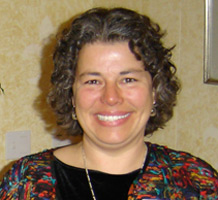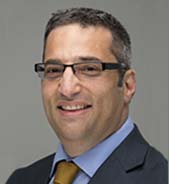Maine Developmental Disabilities Network
The Developmental Disabilities (DD) Network consists of three partners in each state and territory authorized under the Developmental Disabilities Assistance and Bill of Rights Act of 2000 (the DD Act) and administered by the Administration on Disabilities (AOD): State Developmental Disabilities Councils (DD Councils), State Protection and Advocacy Systems (P&As) and University Centers for Excellence in Developmental Disabilities (UCEDDs).
The DD Act authorizes—as well as other nationally significant initiatives and activities—DD Councils, P&As, and UCEDDs for the purpose of assuring that
individuals with developmental disabilities and their families participate in the design of and have access to needed community services, individualized supports, and other forms of assistance that promote self-determination, independence, productivity, and integration and inclusion in all facets of community life, through culturally competent programs.
As outlined in the general provisions of the DD Act, the DD Councils, P&As, and UCEDDs have unique—although complementary—roles to play in achieving this purpose. As a general practice, these DD network partners coordinate and collaborate as appropriate to the nature of the projects, initiatives, and activities they undertake to fulfill their unique mandates (Rudolph, 2009).
Maine Developmental Disabilities Council (MDDC)
State Developmental Disabilities Councils (DD Councils)
DD Councils develop and implement a statewide plan to address priority areas relevant to individuals with developmental disabilities and their families. DD Councils strive to increase the independence, productivity, inclusion and integration into the community of people with developmental disabilities, through a variety of systemic change, capacity building, and advocacy activities. There are a total of 55 state and territorial DD Councils.
Disability Rights Maine (DRM)
State Systems for Protection and Advocacy of the Rights of Individuals with Developmental Disabilities (P&As)
P&As develop and implement a system to protect and advocate for the rights of individuals with developmental disabilities. P&As provide legal representation and other advocacy services to all people with disabilities, investigate charges of abuse and neglect, and provide information and referrals. There are a total of 57 state and territorial P&As, including a Native American consortium.
University of Maine Center for Community Inclusion and Disability Studies (CCIDS)
University Centers for Excellence in Developmental Disabilities (UCEDDs)
UCEDDs are public service units of universities or public or not-for-profit entities associated with universities that serve as liaisons to service delivery systems to positively affect the lives of individuals with developmental disabilities and their families and work towards increasing their independence, productivity, and integration into communities. UCEDDs conduct core activities of: Interdisciplinary training, community service (e.g., training, technical assistance, exemplary services), research, and information dissemination. Funds from AIDD are used to support the operation and administration of the center and additional funds are leveraged by the UCEDD to implement the core activities. There are 68 UCEDDs with at least one in every U.S. state and territory.
Rudolph, D. (2009). DD network collaboration: A white paper on state-level experiences (PDF). Silver Spring, MD: Association of University Centers on Disabilities.



